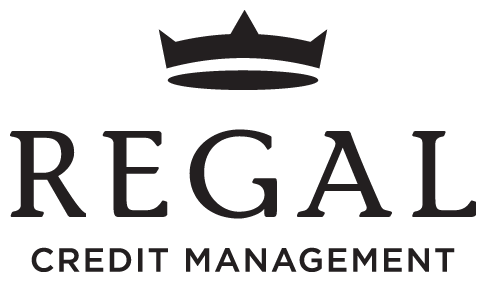What Is Identity Theft?
Identity theft occurs when someone steals your personal information—such as your Social Security number, credit card details, or medical records—and uses it for fraudulent purposes.
In today’s digital world, criminals have more ways than ever to access sensitive information, from large-scale data breaches to online shopping and even public social media posts.
The problem has escalated significantly. The 2024 National Public Data breach exposed 2.9 billion records, potentially compromising nearly every American’s Social Security number. For sports and entertainment professionals, breaches hit particularly hard: SAG-AFTRA’s 2023 data leak exposed members’ personal details, and Ticketmaster lost 560 million records in 2024.
According to the Federal Trade Commission (FTC), identity theft and fraud cases have nearly tripled over the past decade, with complaints rising 54% from 2019 to 2023. Experts predict AI-driven scams and cyberattacks will drive identity theft to even greater heights from 2025 to 2030.
How Mobile Apps Put Your Data at Risk
In an era where nearly every transaction, conversation, and social interaction takes place through mobile apps, protecting personal data has never been more important. Many apps collect more information than users realize, tracking location, storing payment details, and even accessing biometric data like facial recognition and fingerprints.
However, not all apps handle data responsibly. Some are notorious for excessive data collection, weak security measures, and sharing user information with third parties. Here are three mobile apps that pose significant privacy risks:
- Instagram – Owned by Meta, Instagram collects an extensive amount of user data, including location, browsing history, contacts, and even biometric information. The app tracks user interactions across platforms and has been criticized for its lack of transparency regarding data-sharing with advertisers and third parties.
- Facebook – While widely used, Facebook is infamous for privacy breaches and massive data collection. The platform gathers details about user activity, location, contacts, and even private messages. Facebook’s history of security lapses, including the Cambridge Analytica scandal, highlights the risks associated with its data practices.
- TikTok – This popular social media app has raised significant privacy concerns due to its extensive data collection, including keystroke tracking, location tracking, and access to device information. Security experts have also warned about the app’s ties to foreign governments and the potential for data misuse.
To protect your personal information, regularly review app permissions, disable unnecessary tracking, and consider alternative platforms that prioritize user privacy and security.
How Regal Credit Management Can Help
At Regal Credit Management, we provide proactive and comprehensive solutions to safeguard your identity. Here’s how we can help:
- Credit Monitoring: Our monitoring service keeps a close watch on your credit report and alerts you to any changes—such as an unauthorized attempt to open an account in your name.
- Cybersweep™: This service removes your personal information from online sources, reducing the likelihood of data brokers and cybercriminals accessing your details.
- Credit Block™: Adding an extra layer of protection, Credit Block™ prevents new credit from being issued in your name without your explicit permission.


